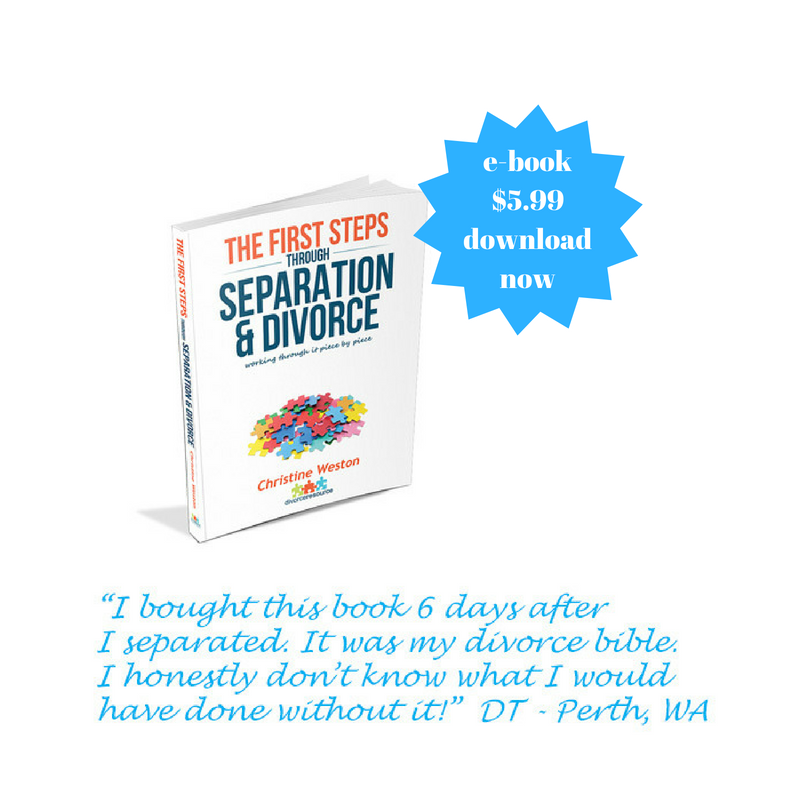
This article contains general information only. For advice regarding your own personal circumstances, always seek individual advice from a qualified professional. Read the full Divorce Resource.com.au Disclaimer here
Recently separated and worried about the Family Trust?
When it comes to property settlements in Australian family law, the treatment of discretionary family trusts can be complex and nuanced.
Many individuals and families use these trusts for asset protection and tax planning, but their effectiveness in shielding assets during divorce proceedings is not absolute. Let's explore the circumstances under which a discretionary family trust might be included as an asset in a family law property settlement in Australia.
The Legal Framework
The Family Law Act 1975 (Cth) provides the foundation for how property is treated in divorce settlements. Section 4 of the Act defines property broadly, and Section 79 gives the court power to alter the interests of parties in property.
Key Factors Considered by the Courts
Control of the Trust
The primary consideration is whether one of the separating parties has effective control over the trust. This was established in the landmark High Court case of Kennon v Spry (2008).
Control may be demonstrated if:
- The party is the appointor of the trust, with the power to appoint and remove trustees
- The party is a trustee or director of the corporate trustee
- The party has significant influence over trust decisions and distributions
Beneficiary Status
In addition to control, the party should generally also be a beneficiary of the trust. However, being merely a potential beneficiary without control is usually not sufficient to include the trust assets in the property pool.
Historical Benefit
The court will examine whether the party has historically received significant distributions or benefits from the trust. This can indicate the level of control and influence the party has over the trust's operations.
Alter Ego Trust
If the trust is deemed to be the "alter ego" of one party, essentially operating as an extension of their personal finances, it is more likely to be included in the property settlement.
Recent Developments: Woodcock & Woodcock (No 2)
A recent case that may potentially shift the landscape is Woodcock & Woodcock (No 2) [2022] FedCFamC1F 173. In this case, Justice Wilson found that:
-
The husband's rights as a beneficiary of discretionary trusts were "property" under Section 79 of the Family Law Act.
-
These rights were capable of valuation and could be included in the asset pool.
This decision was made despite the husband not having sole control over the trusts, as he shared directorship of the corporate trustees with third parties. The court considered:
-
The husband's ongoing level of influence in relation to the trusts
-
His significant past distributions from the trusts
While this decision is still subject to potential appeal, it suggests that courts may be willing to take a broader view of what constitutes "property" in relation to discretionary trusts.
Valuation Considerations
Even if the trust itself is not directly included in the property pool, the court may:
-
Value a party's right to due consideration as a beneficiary as property
-
Consider the trust a "financial resource" affecting future needs, even if not directly divisible
This approach allows the court to take into account the potential benefits a party may receive from a trust, even if they don't have direct control over its assets.
Court Powers and Discretion
It's important to note that the Family Court has broad powers to look behind trust structures and make orders affecting trust assets if it determines inclusion is just and equitable. The court can:
-
Order the transfer of trust assets
-
Require the trustee to make distributions to a particular beneficiary
-
Appoint a new trustee
Protecting Trust Assets
While discretionary trusts can provide some asset protection, they are not impenetrable in family law proceedings. To enhance protection:
-
Establish the Trust well before marriage or de facto relationships begin
-
Ensure the trust has a clear, legitimate purpose beyond asset protection
-
Involve independent trustees and appointors
-
Maintain proper documentation and separate finances
-
Avoid using trust assets for personal expenses or as a personal "piggy bank"
Conclusion
The inclusion of discretionary family trusts in Australian family law property settlements depends on various factors, primarily control, beneficiary status, and historical benefit. Recent case law suggests courts may be taking a broader view of what constitutes "property" in relation to trusts. While trusts can still offer some protection, they are not a foolproof method of shielding assets from family law proceedings. Individuals with significant trust assets should seek professional legal and financial advice to understand their position and options in the event of a relationship breakdown. Ultimately, the court's primary concern is to achieve a just and equitable outcome for both parties, and it has significant discretion in how it treats trust assets to achieve this goal.

Published by, Christine Weston
Founding Director and Creator of Divorce Resource
Australian Nationally Accredited Mediator and Divorce Coach
MORE READING?
If you have decided to end your relationship, you should start to educate yourself. I know the overwhelming feelings of making these decisions and facing your new realities. My book, The First Steps through Separation and Divorce will guide you through the emotional and practical aspects you may need to address in the coming weeks, months and years.
Get a feel for what's covered: View the Table of Contents.

